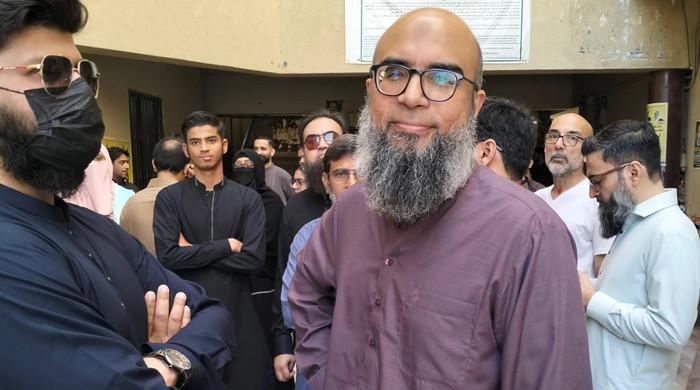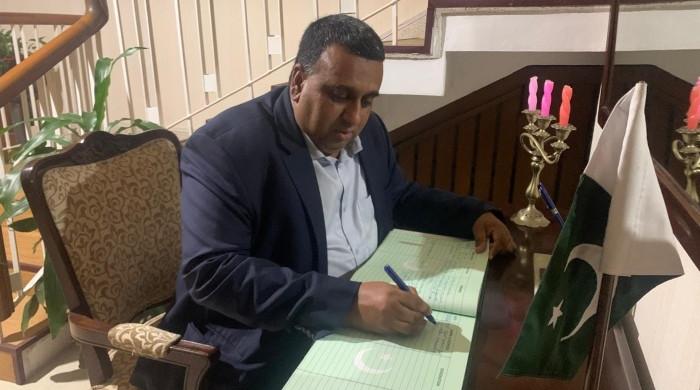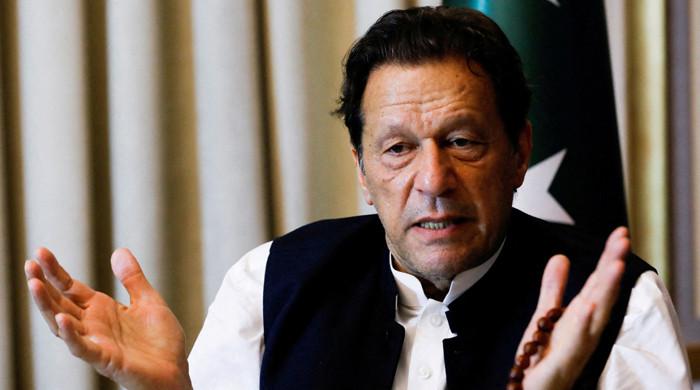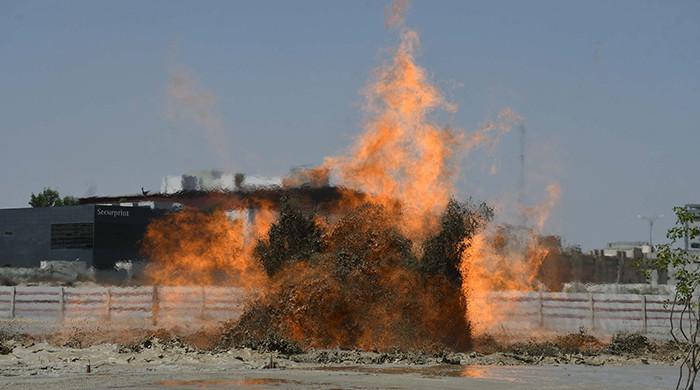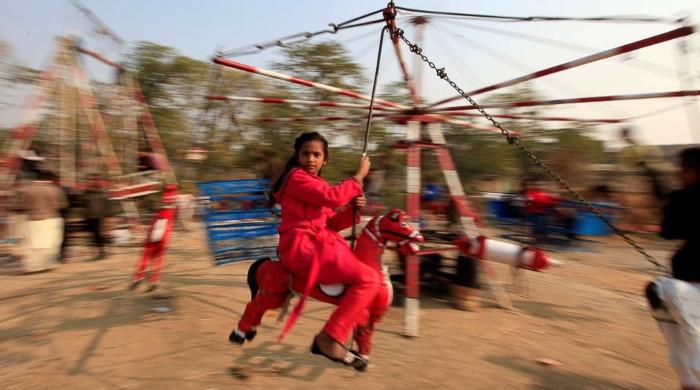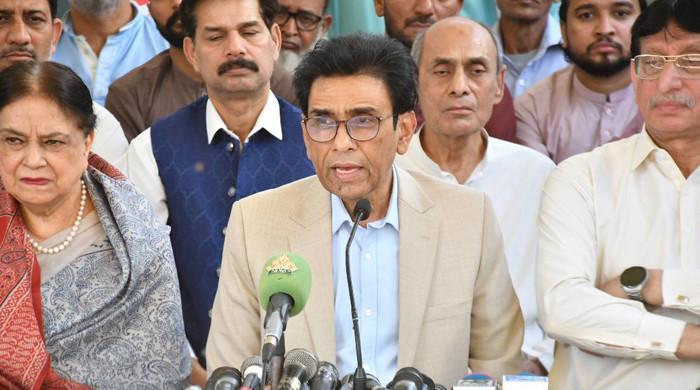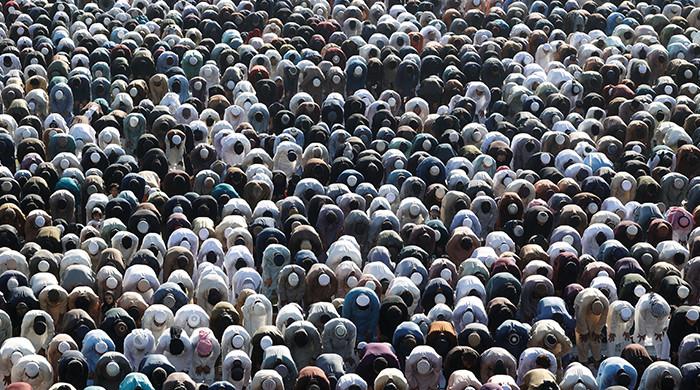PTI blocked Justice Mansoor's path to CJP: Rana Sanaullah
Sana terms PTI a "chaos-creating party", says party's support often results in harm
October 25, 2024
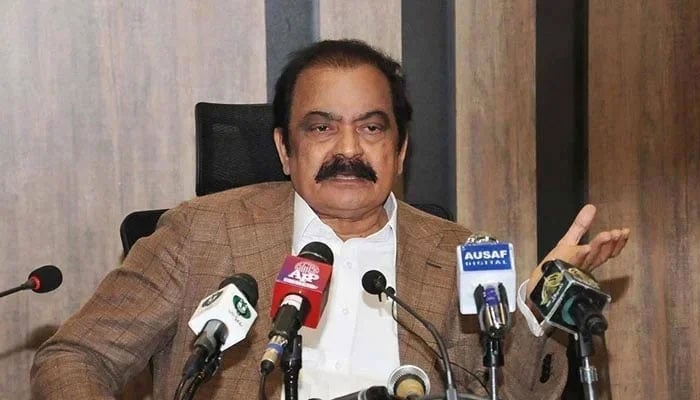
- PM's adviser says Justice Mansoor is a good judge.
- Says PTI used to speak of understanding with senior puisne judge.
- Says PTI members claimed judge will see about govt in Oct.
Prime Minister's Adviser on Political and Public Affairs and PML-N leader Rana Sanaullah has said that the recently passed 26th Constitutional Amendment has blocked the path of Justice Mansoor Ali Shah, with the Pakistan Tehreek-e-Insaf (PTI) playing a larger role in this than the government.
The Shehbaz Sharif-led government, with the assistance of allies including the PPP, passed contentious legislation in both the lower and upper houses of parliament, which changed the procedure for the appointment of future CJPs, fixed the post's tenure, and formed constitutional benches.
In an interview with BBC on Thursday, Sanaullah described the PTI as a chaos-bent party, noting, "Whoever they support ends up facing damage."
Praising Justice Mansoor, the PM's adviser said: "The PTI lawmakers have been saying that they have reached an understanding with Justice Mansoor."
He added: "PTI people said that when Justice Mansoor will assume [CJP's] office in October he will take measures against the government."
Sanaullah warned that comments like these could undermine anyone's credibility.
Before the passage of the 26th amendment, senior puisne judge Justice Mansoor was set to assume the CJP office as he was the senior-most judge of the Supreme Court after the retirement of CJP Justice Qazi Faez Isa.
However, the seniority rule was removed from the Constitution. After the 26th amendment, the selection of the next chief justice will no longer be based solely on seniority, and instead, the choice will be made among the three most senior judges of the Supreme Court.
A 12-member special parliamentary committee will decide on the chief justice’s nomination with a two-thirds majority. The committee will then forward the selected name to the prime minister, who will send the nomination to the president for final approval.




